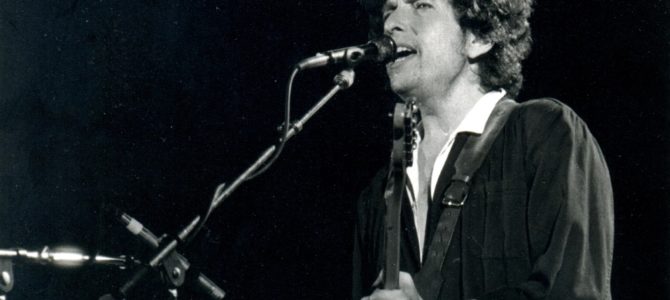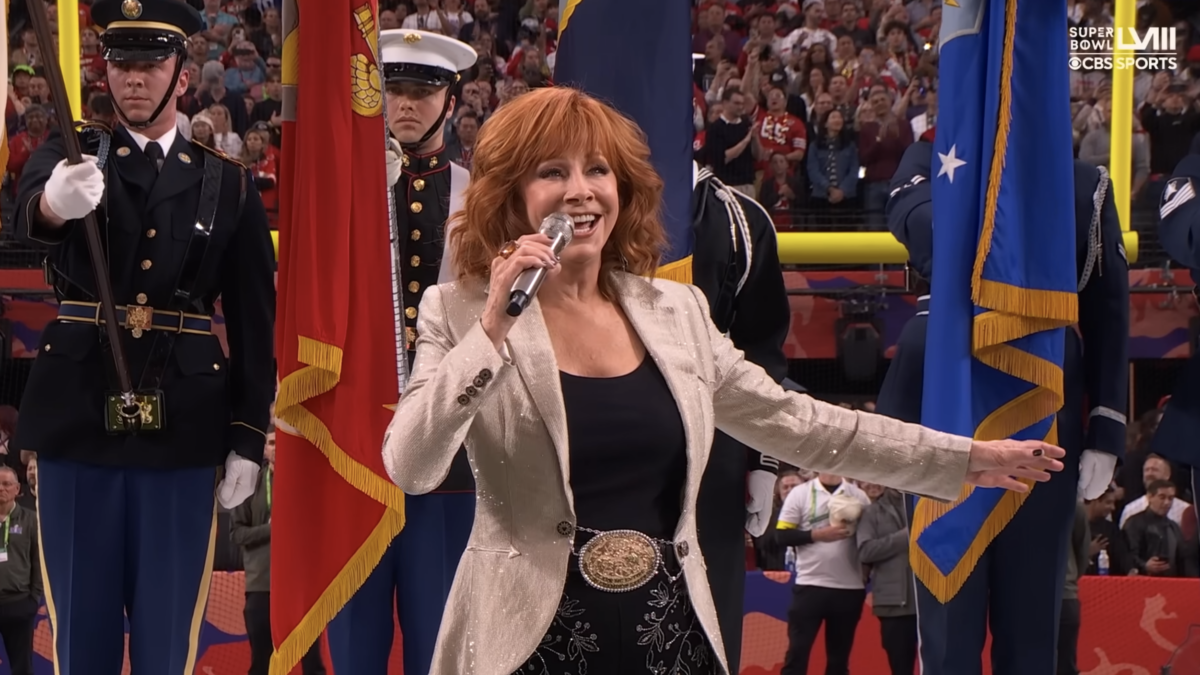
Bob Dylan’s classic album “Bringing It All Back Home,” celebrating its 56th birthday on March 22, should become an anthem for a generation of conservatives who find themselves preserving things so radically counter-cultural they seem altogether new.
Millennials will know Dylan for “Make you Feel My Love,” a song beautifully covered by Adele. Country music fans will know his unforgettable duets with Johnny Cash, such as “Girl From the North Country.” Neither of these songs is on “Bringing It All Back Home,” but everyone knows a track that is: “Mr. Tambourine Man,” the folk classic covered by The Byrds.
The album is pure Dylan excellence, with a dose of anti-establishment protest that today’s conservatives can find relatable.
Take “On the Road Again,” the sixth song on “Bringing It All Back Home.” Young people today — including those who would rather live their lives than demonstrate — are forced to take sides in an ever-escalating culture war.
In “On the Road Again,” Dylan writes, “Well, there’s fistfights in the kitchen / They’re enough to make me cry / Then the mailman comes in, even he’s gotta take a side / Even the butler, he’s got something to prove.” The song has a nihilistic chorus: “Then you ask why I don’t live here / Honey, do you have to ask?” In a culture dominated by leftists injecting politics into every sphere of private and public life, the song seems refreshingly prophetic.
In 2016, Dylan won the Nobel Prize for Literature “for having created new poetic expressions within the great American song tradition.” Dylan skipped the Nobel Prize banquet but in a recorded speech later, he mused: “When I received the Nobel Prize for Literature, I got to wondering how exactly my songs related to literature.”
While he credits his roots in folk music for much of his songwriting, the folk-rock legend says there was something else behind it all. “I had principles and sensibilities and an informed view of the world, and I’d had that for a while.” Across his decades-long career, Dylan has earned his place as one of the greatest songwriters of all time.
In his autobiography “Chronicles,” Dylan said of “Bringing it All Back Home,” “What I did to break away, was to take simple folk changes and put new imagery and attitude to them, use catchphrases and metaphor combined with a new set of ordinances that evolved into something different that had not been heard before.” Throughout the album, Dylan builds on his legendary folk music with a new electric twist. He builds on his roots, even as he’s outgrown them.
Young people entering an economy wrecked by endless government-enforced lockdowns will find the rap-like, “Subterranean Homesick Blues” relatable. “A man in the coonskin cap, in the pigpen / Wants eleven-dollar bills, you only got ten.” It is the cry of the young disillusioned with the leadership that decides their fate.
Or take this line, reminiscent of last summer’s riots: “The pump don’t work / ‘Cause the vandals took the handles.” In other words, sometimes your headstrong political activism means people don’t get their water from the well.
Writers of protest music tend to issue many complaints but no solutions. This album is different. Sprinkled in the protest music are examples of quiet responses to the establishment’s reasonless rules.
In “Outlaw Blues” a man is in love with a “brown-skinned woman” in Jackson, Mississippi, which at the time banned interracial marriages. Later, Dylan promises (almost threatens?) to speak the truth — the simplest, and most effective, protest. “Don’t ask me nothin’ about nothin’ / I just might tell you the truth.”
“Love Minus Zero,” one of Dylan’s most beautiful and touching love songs, is about a woman who is true, wise, and gentle — the antidote to political opportunism and corruption. More than a love song, “Love Minus Zero,” is a cry for authenticity — a cry which conservatives can echo.
In the dime stores and bus stations,
People talk of situations,
Read books, repeat quotations,
Draw conclusions on the wall.
Some speak of the future,
My love she speaks softly.
Sometimes the quietest voices are the best remedy to what you find objectionable in the world around you, not the cacophonous, often narcissistic, world of political activism.
“She Belongs to Me” the album’s second track, is, at first listen, a song written from the standpoint of an infatuated lover. It is that, but on closer reading, Dylan is telling us something about himself, and what drives his music. “She’s got everything she needs, she’s an artist / She don’t look back.” This line could be said about Dylan himself.
The song may even seem counterintuitive as the second track in an album titled “Bringing it All Back Home,” but it helps us understand why Dylan’s musical relevance has lasted so long. Even as the demands of the present are such that we need not look back, home is always the destination.
Republished with permission from the Hillsdale Collegian.









